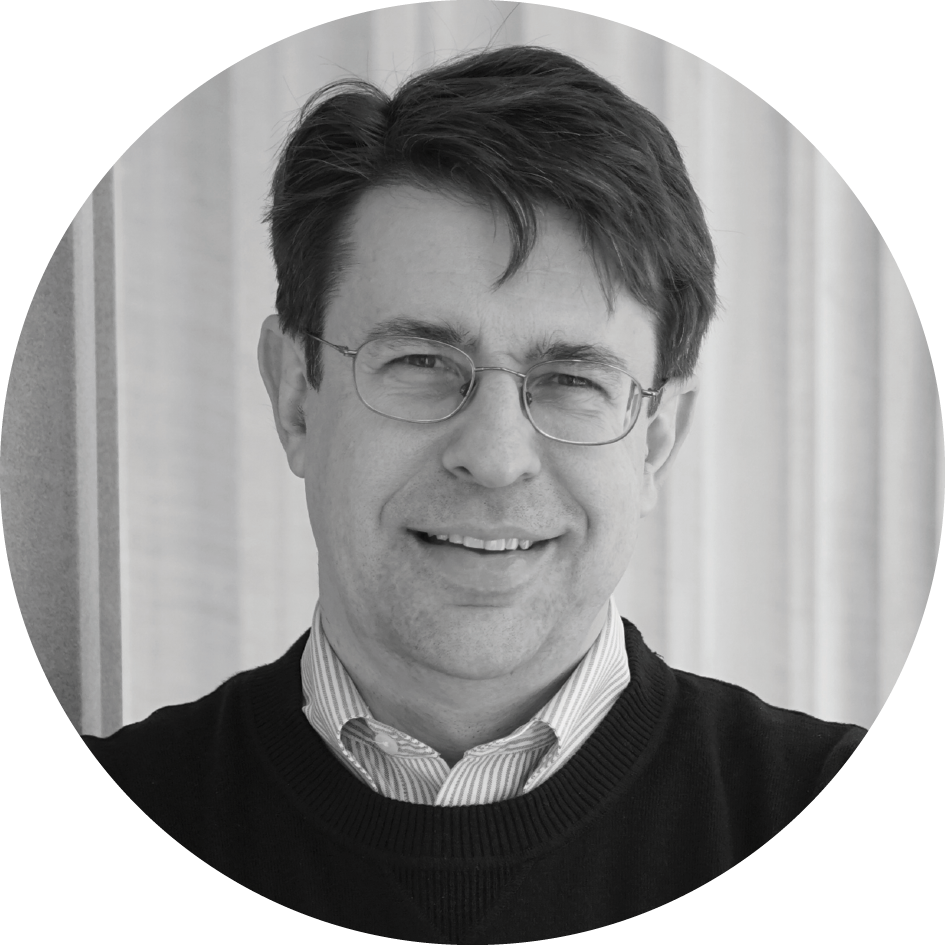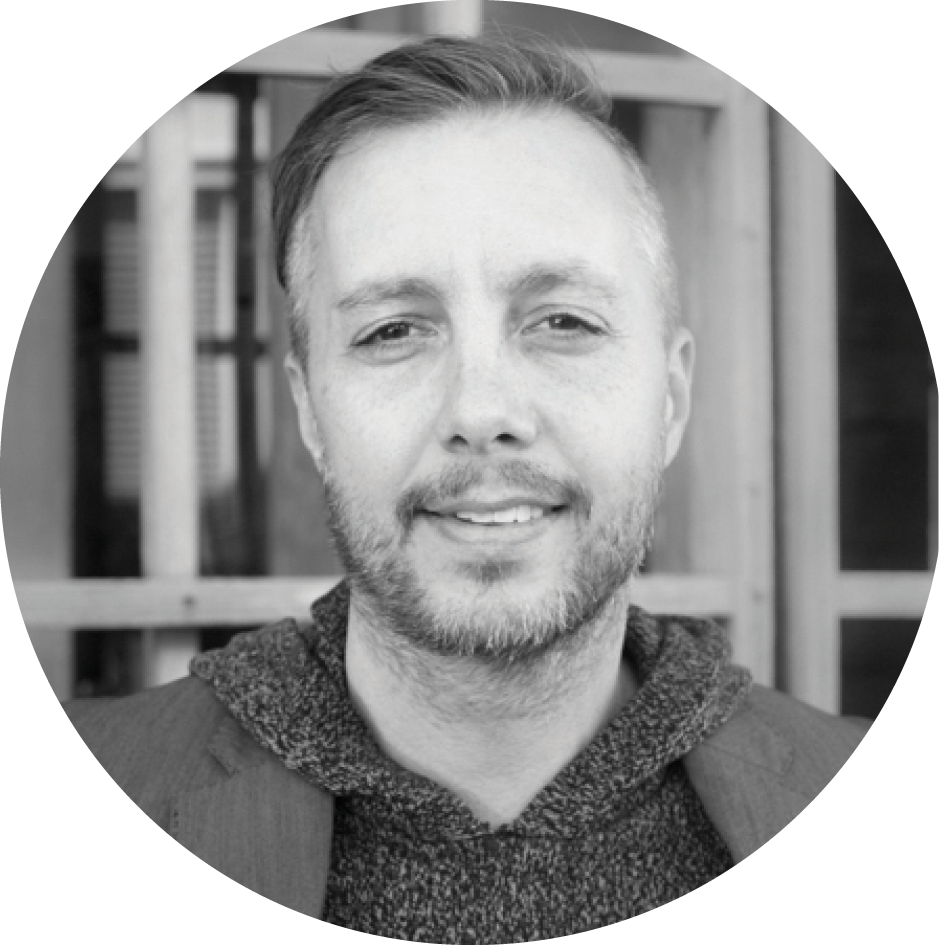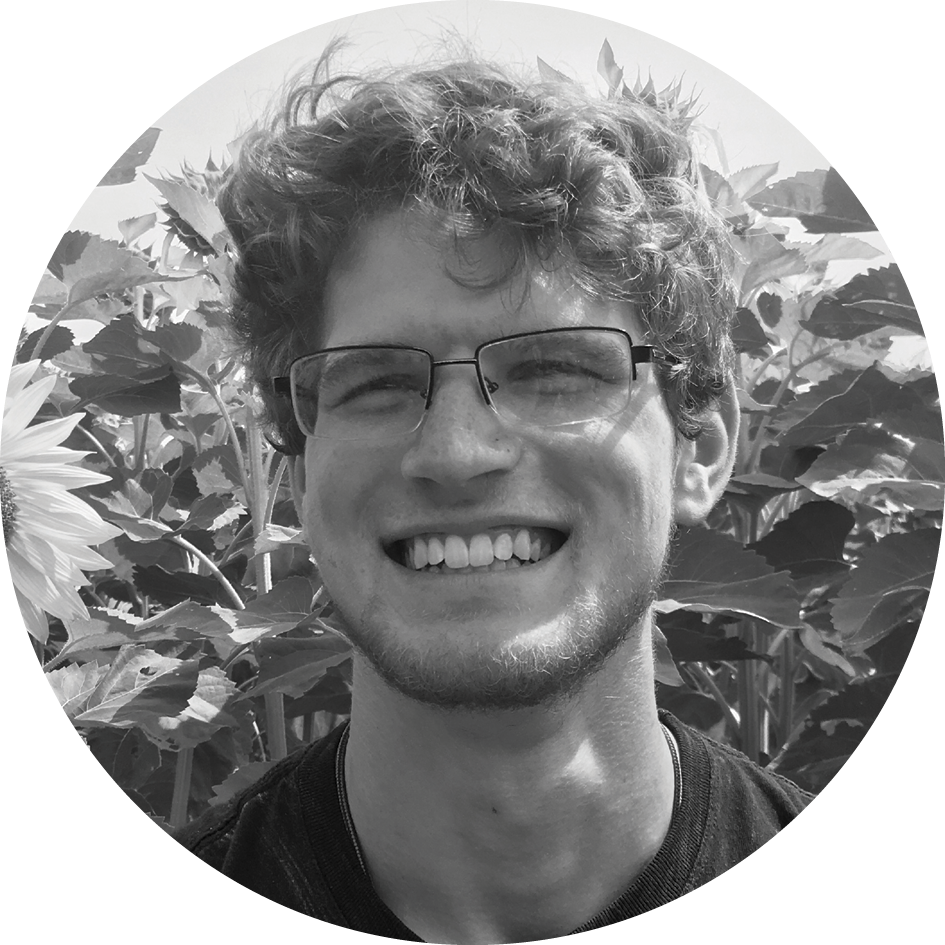Educating for a Sustainable Future


s part of her master’s in higher education studies at Penn GSE, Thammika Songkaeo, GED’14, researched why—or if—faculty get siloed in how they teach about sustainability. Her findings? What gets results in academia may not be what gets solutions in “the real world.”
“The professors said, ‘You only get tenure if you specialize,’” said the Singapore resident of her independent research conducted with Penn GSE Professor and Board of Advisors Chair of Education Matt Hartley.
“That answer made me realize how deep-rooted a lot of the hurdles were,” Songkaeo said. “It gave me that sense of rebellion. If this is the system, whatever I do in the future is going to make sure it cracks down on silos.”
Goal accomplished. Songkaeo is founder and director of the production company Two Glasses, which she started in 2021 to tackle climate change in broad, multidisciplinary ways. At its heart is education—a “critical agent,” as the United Nations noted at last year’s Transforming Education Summit, to sway attitudes, change behaviors, and help the public make more informed decisions.

The True Cost of Fashion
To measure the impact of the film, audience members will receive a “wear counter” to track the clothes they buy and how often they wear them. From dance to psychology, a suite of disciplines has been integrated into this project.
“Everything is connected to the environment,” said Songkaeo, who received funding for the project from the National Geographic Society and Singapore’s Ministry of Sustainability and the Environment. “How we feel about our bodies enables us to buy and buy. We think clothes will become the solution to whatever is the void deep, deep inside us.”
Overconsuming rapidly produced clothing, with production processes and disposal methods that harm the environment, fuels an industry that contributes about eight percent of greenhouse gas emissions. Fashion is one of the world’s most polluting industries, according to a 2018 Quantis report.
While these textiles may be trendy on the rack, they’re also quickly adding microplastics to oceans and waste to landfills. In fact, an estimated 66 percent of discarded clothing in the United States ends up in landfills, contributing to greenhouse gases such as methane as it decomposes, according to Boston University’s School of Public Health.
“Changing Room begins to peel away the layers,” Songkaeo said, “and you realize how climate change is enabled by very personal matters, even while industries are most directly responsible.”
She is not alone in applying her Penn GSE education to advance sustainability. Other alumni are working in finance, communications and, of course, schools to fight climate change—a fight that becomes more urgent as earth heads toward a critical threshold for global warming within the next decade. This troubling timeline is according to a recent report by the United Nation’s Intergovernmental Panel on Climate Change.

A green bank that’s building for the future
NYCEEC provides loans to advance energy efficiency and clean energy projects in disadvantaged communities in the city and region. Working with contractors, building owners, and project developers, it is considered the first local green bank in the country and has made loans to fund sustainable projects since 2011.
Those projects have included the installation of rooftop solar panels at an affordable housing project, energy efficiency measures at homeless shelters and assisted living facilities, and energy storage for low- to moderate-income communities. All help to lower energy costs for residents and building owners—and improve air quality and environmental conditions in the city, Probst said.
According to NYCEEC’s website, projects funded over the last dozen years have eliminated 1.01 million metric tons of carbon dioxide and saved 25.9 million MMBtu of energy—enough energy to power more than 417,000 American households for a year. The bank also has helped green 15,300 affordable housing units and create 4,780 jobs, the website said.
Probst noted that 70 percent of greenhouse gas emissions in New York City stem from buildings. “Any effort to address climate change within New York City, within the region, has to focus on buildings,” he said. “That’s why we do what we do.”
Probst, who worked on Wall Street for 24 years, said he decided to shift to sustainability out of a sense of urgency over concerns for the environment. In 2014, he joined the Rocky Mountain Institute, a global clean energy think tank, and then NYCEEC in 2018. His executive doctorate in higher education management was an opportunity, Probst said, to dive deep into sustainability and develop skills as a researcher and academic.
In his dissertation, he examined 326 sustainability partnerships between more than 130 universities and local communities. He identified best practices to increase the positive impact of the projects on the environment, support the local community, and enhance university operations, teaching, and research.
“Education is at the heart of all our sustainability efforts,” he said, noting NYCEEC’s webinars on sustainability for community partners and collaborations with NGOs and private sector partners on white papers and research that explore not only successes but also challenges. “We’re educating building owners, educating communities, educating private sector lenders, educating government officials on programs that are working or not.”

TAKING ACTION ON ENVIRONMENTAL POLICY
Ellis joined CDP in 2017, after working as an organizer for the grassroots environmental organization the Sierra Club and as senior press secretary for the nonprofit environmental law firm Earthjustice, where he was the lead communicator in their representation of the Standing Rock Sioux Tribe’s lawsuit over the Dakota Access Pipeline.
During the Trump administration, Ellis said environmentalists like himself watched the rollback and weakening of environmental regulations, protections he and others had fought hard to get in place. “I’ve been doing this work for a long time, over 20 years,” he said, “and the work I had done began to unravel overnight. We were shell-shocked in our community.”
As a result, the CDP began to focus on coordinating national environmental groups and its allies around rapid response efforts, such as organizing campaigns, unifying messaging, and sharing intel, said Ellis. At the same time, he decided to join Penn GSE’s executive doctoral Chief Learning Officer program to hone his skills to better facilitate collaboration among groups addressing environmental issues and other complex problems.
“I began to explore the concept of transformation,” Ellis said of a key theme of the Penn program, which preached that “you can’t have great professional transformation without personal transformation.”
In his dissertation, titled “Epistemic Thinking’s Role in Collaborating on a Wicked Problem,” Ellis argued that as the world faces increasingly complex (or “wicked,” to use his term) problems, such as climate change, political instability, technology, and rising inequality, the necessity to collaborate on solutions only grows. But, he found, stakeholders often make unconscious assumptions that can inhibit cooperation. Ellis proposed a framework that helps individuals transform their thinking, thereby allowing them to better work together on solutions.
“The more awareness that you can gain over these unconscious identities, what’s called ‘systems of knowing,’ the more conscious control you can exert in how they play out in collaboration to unlock the creativity needed to address wicked problems,” Ellis said. “That’s the transformation part.”


Ellis also is continuing his doctoral research as an inaugural fellow for the Penn GSE/Netter Center Alumni Fellowship in Democratic Civic Engagement, which allows him to develop a community-centered approach to collaboration and research.
“My Penn experience inspired me to learn how to cultivate a network of authentic multicultural, transdisciplinary partnerships and help them to collaborate more effectively,” he said. “We’re helping to grow a community of people to tackle society’s most pressing problems more effectively.”

THE ROOTS OF CHANGE ARE IN THE CLASSROOM
To do so, WhitefeatherManning, who studied biology at the University of Wisconsin–Stevens Point, uses real-world, hands-on experiences to motivate his students to care about and understand environmental issues.
“Start with what they know,” he said, echoing a lesson he learned at Penn GSE, where he was a member of the inaugural Weiss Woodrow Wilson Teaching Fellows in the Urban Teaching Apprenticeship Program.
That means, WhitefeatherManning added, looking at what grows, or doesn’t, in his students’ backyards. Or asking them to look right outside the classroom window at the litter-strewn streets and sidewalks. Then discussing and researching litter’s impact on water and air quality and the food chain—not only locally but throughout other biomes.
“Those are [curriculum] choices I am making to relate to my student’s lives,” said WhitefeatherManning.
In addition, he has his students grow plants (mustard, for instance) and then conduct experiments to assess the effect on plant growth when exposed to sunlight or shade, more or less water, and even toxic substances such as bleach. The students then graph results, relating their findings to plants in gardens or window boxes at home. The class also dissects owl pellets, investigates the food chain, and explores renewable and non-renewable resources.
“My Penn education talked about trying to be authentic, keeping it real for students but also real for yourself,” he said. That means, said WhitefeatherManning, choosing topics that he not only enjoys teaching but that his students see as having an impact on their world.
“It’s all connected to their lives,” he says. “The more we think about it, hopefully the more we do about it.

Climate Curriculum
Climate Curriculum
“It’s not enough for teachers just to teach students about climate change, they need to get students involved and starting to make a real impact in their communities, in their classrooms,” said Taylor Hausburg, GRD’22, teacher program lead for Center for Professional Learning. “And we know how to do that through project-based learning. That’s one pedagogy that gets students starting to do things, having real impacts on real audiences in real ways.”
Launched last fall, the inaugural cohort of more than 100 educators from over 20 countries were able to attend free of charge thanks to funding from the Penn Environmental Innovations Initiative and Penn’s South Asia Center. This interdisciplinary virtual professional development program brought them together to design and implement climate justice-related projects for their classrooms.
The semester-long program was broken into three parts. First, the participants asynchronously explored resources gathered and created by the Center’s team to better understand climate justice issues. They then came together to start imagining authentic questions their students might explore and begin sketching out projects that could answer those questions. And finally, they returned to their classrooms to implement those projects with students in their local contexts with ongoing support from a small team of fellow educators from the program.
Project-Based Learning for Global Climate Justice leverages Penn GSE’s expertise in project-based learning with University-wide expertise in the scientific and economic issues related to climate change. Participating teachers undertook projects with their students—many of which are still ongoing—exploring everything from local agriculture and food assistance during natural disasters to the effects of climate change on local plants. (The latter of which was the project of one of the local Philadelphia participants: Nicholas WhitefeatherManning.)
“We’re supporting educators to pursue ambitious and authentic approaches to teaching and learning,” says Zachary Herrmann, executive director of the Center for Professional Learning. “A program like this can help teachers align their values and goals as educators with their actual practice and connects them with similarly passionate educators across the globe, since we have participants across five continents so far. These teachers are forming powerful networks and communities that can be used to share resources, give and receive coaching and feedback, and learn alongside each other as they implement their projects.”
Hausburg and Herrmann were excited by the results of the program’s first year and were accepted to share it last December at the International Conference on Inclusive Education and Project-Based Learning for Peace and Development at the United Nations in Geneva, Switzerland. Their presentation was well-received, and now the Center for Professional Learning team is parsing the data from last year’s participants in preparation for a new cohort of the program this fall. The team continues to forge new domestic and international partnerships to build their growing community of educators committed to bringing global climate justice into classrooms—and out into the world.